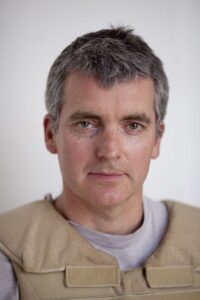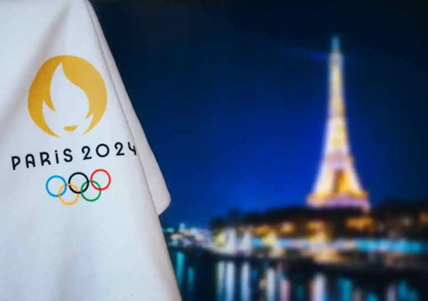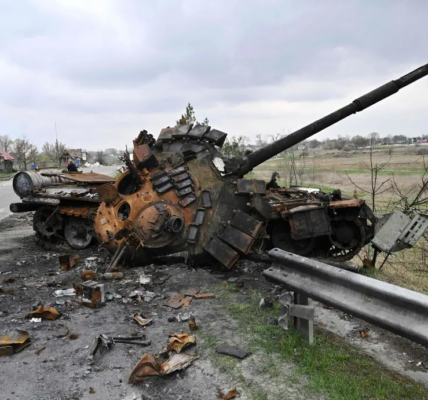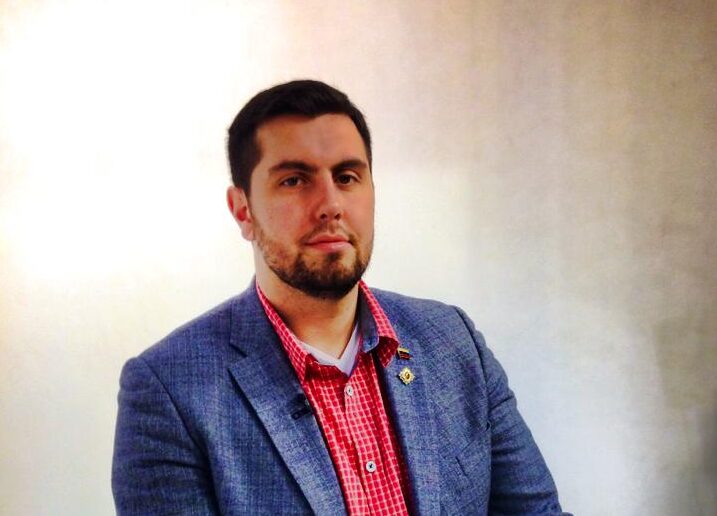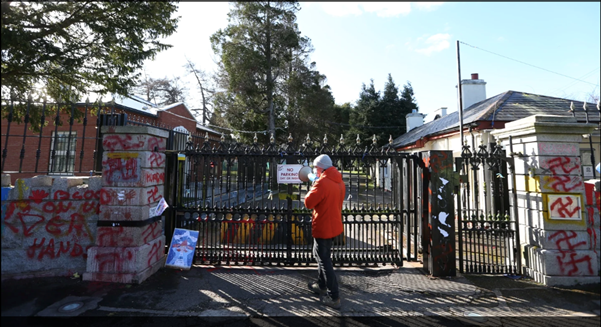Global defence spending has jumped by almost 10 percent in the past year and will increase over the next 12 months, given the war in Ukraine and the conflict in Gaza.
The London-based International Institute for Strategic Studies also said in its annual report that parts of the world were becoming “a highly volatile security environment” due to tensions concerning the Arctic and the Indo-Pacific region.
North Korea’s pursuit of nuclear weapons, concerns over China and the rise of military regimes in the Sahel region of Africa, are also adding to instability.
Other areas which have the potential to cause even further instability include the Middle East and the current Gaza conflict and the Balkans where tensions between Serbia and its neighbours are also increasing.
The report, called the Military Balance, stated that an “era of insecurity” is resetting the global defence-industrial landscape, with the United States and Europe increasing the production of missiles and ammunition “after decades of underinvestment.”
The rise in weapons manufacture over the last year is largely down to the millions of artillery shells, tank rounds and missiles being provided by Nato to help Ukraine in its war against Russia.
The annual report which the IISS has been producing for 65 years, added: “The current military-security situation heralds what is likely to be a more dangerous decade, characterised by the brazen application by some military powers to pursue claims.”
Global defence spending rose by nine per cent to $2.2 trillion last year as Russia’s full-scale invasion of Ukraine, now entering its third year, heightened concerns that China and other militarily powerful states may try to impose their will on neighbours, the IISS said.
Ben Barry, a senior fellow in land warfare at the institute, said Congress’ failure to approve the aid would likely embolden Russia to adopt a strategy of grinding away at Ukraine’s defences and inflicting mass casualties.
Barry said a question for Ukraine’s allies is, “do they really want Ukraine to win?”
He added: “If they really want Ukraine to win, then they need to double the amount of aid they’ve given last year, because the cost to Europe of a Russian victory is probably, in financial terms, even greater than the cost of, say, doubling down in their aid.”
One of the report’s key findings is that Russia has lost some 3,000 main battle tanks during the fighting in Ukraine, or roughly as many as Moscow had in its active inventory before the full-scale invasion began in February 2022.
While Russia has replenished its forces by pulling 2,000 older tanks out of storage, the Ukrainian government in Kyiv is relying on Western nations to provide the ammunition and weaponry it needs to hold off its bigger neighbour.

“But Kyiv also continued to demonstrate its ingenuity in other ways, using Western and indigenously developed systems to put Russia’s Black Sea Fleet on the back foot,’’ the think tank said, citing Ukraine’s use of unmanned “maritime vehicles.”
Lessons learned from the war in Ukraine are starting to influence military planning in other countries, the IISS said. In particular, many countries have recognised that they need to increase production of military hardware and build up bigger stockpiles of material in case they are forced to fight a protracted war.
“A just-in-time mindset that has persisted for almost three decades is giving way to a just-in-case approach, though delivering on these ambitions is challenging,” the report said.


